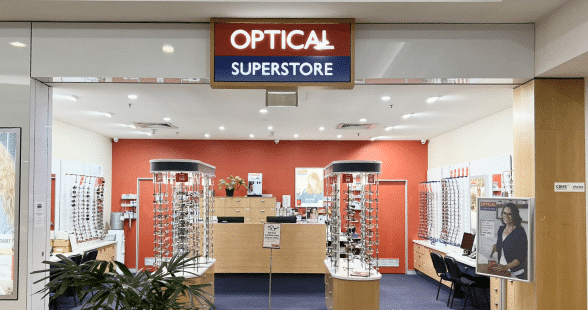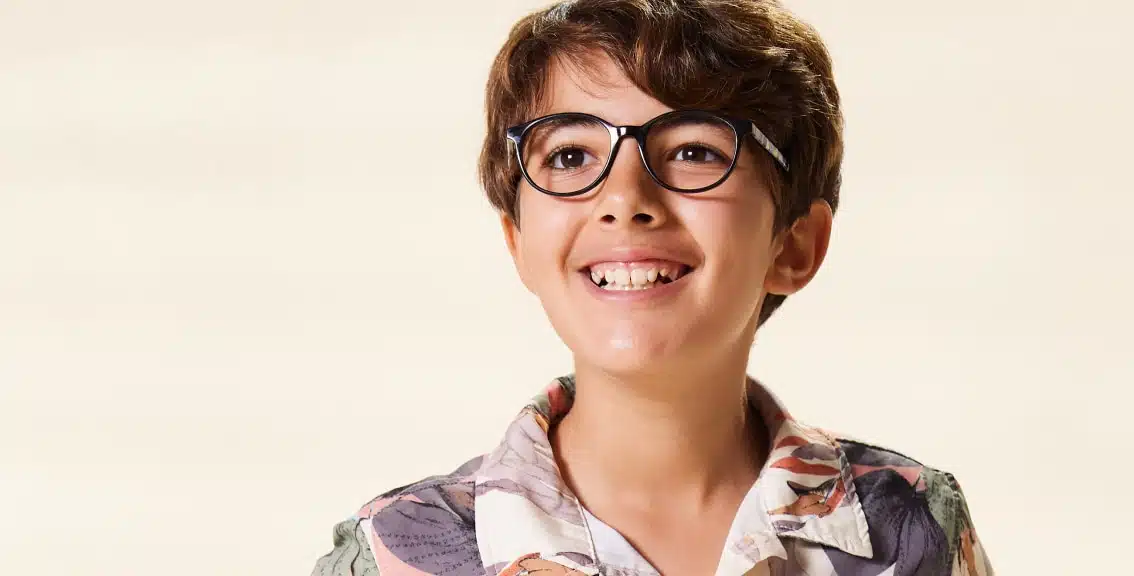
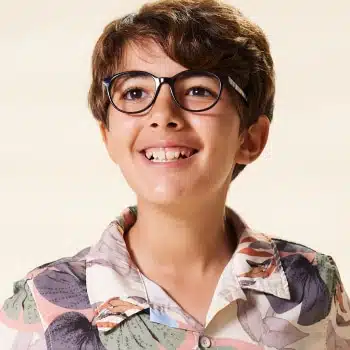
What is myopia And How Does it Affect Your Child?
Let’s discuss what myopia is, what signs to keep an eye out for, how it affects your family, and what treatments are available to not only correct myopia but also slow its progression.
The Meaning Behind Myopia

Myopia means ‘nearsightedness’ and is a common vision condition affecting anyone at any age. Someone with myopia experiences clear vision up close, but objects at a distance appear blurry.
Whilst we naturally consider vision and eye issues (such as cataracts and glaucoma) as ‘adult eye problems,’ myopia has become a serious concern for children worldwide. Hence, we discuss myopia here in terms of ‘childhood myopia.’
BOOK AN EYE TEST NEAR YOU
All major health funds accepted.
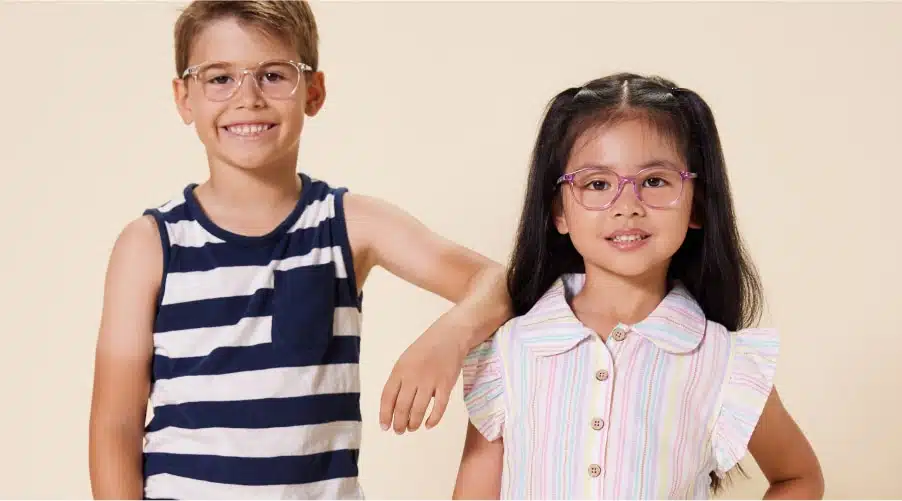

myopia in children
In childhood, the eye is naturally shorter in depth and gradually grows to its adult size. This means that children are typically farsighted initially, able to see distant objects clearly but straining a little for close concentration. As they grow, their eyes elongate to adjust and should ideally stop once they’ve eliminated farsightedness.
However, sometimes the eye continues to grow due to genetic factors, growth rate, or a combination of both, becoming myopic (nearsighted). This progressive myopia, characterised by ongoing elongation of the eye, is influenced by genetics and lifestyle factors. Understanding myopia’s development can help us address it effectively, ensuring clear vision and eye health for children and adults alike.
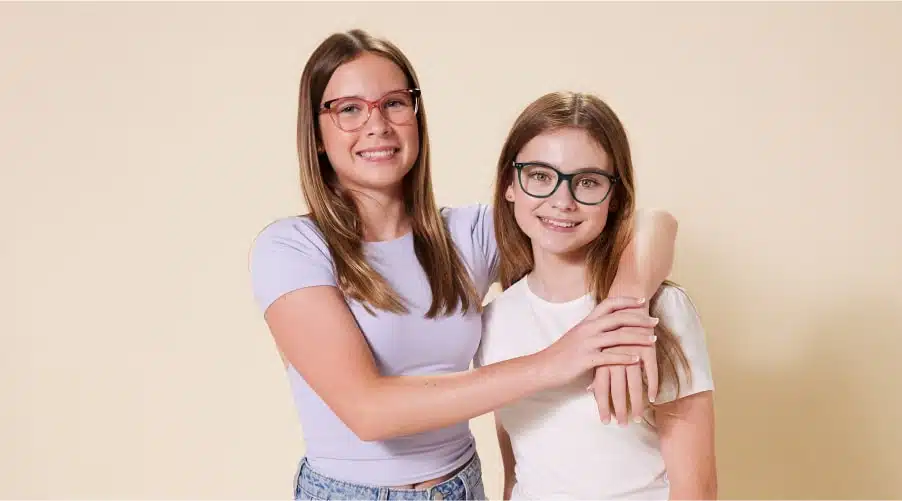

Signs of Childhood Myopia
Children may not communicate clearly that they are having trouble seeing objects at a distance. However, as a parent, there are some behaviours you can look out for that may indicate vision limitations:
Pay attention to indicators such as:
- Complaining of itchy, burning, or watery eyes, and regularly rubbing or squinting them;
- Exclusively favouring vision out of one eye, perhaps by closing one eye regularly or turning/tilting the head whilst engaging in concentrated tasks;
- Displaying difficulty with hand-eye coordination and tracking moving objects.
Other signs, such as altered reading patterns – skipping lines or words – may be most evident in class, and it can be worth checking in with teachers.
Vision health is a team effort, and qualified optometrists are on hand to offer their expertise. If you spot any potential vision issues in your child, don’t hesitate to book an appointment. Most eye tests at Optical Superstore are bulk billed. Before your visit, it can also be helpful to gather your child’s medical history to help the optometrist better understand their needs.
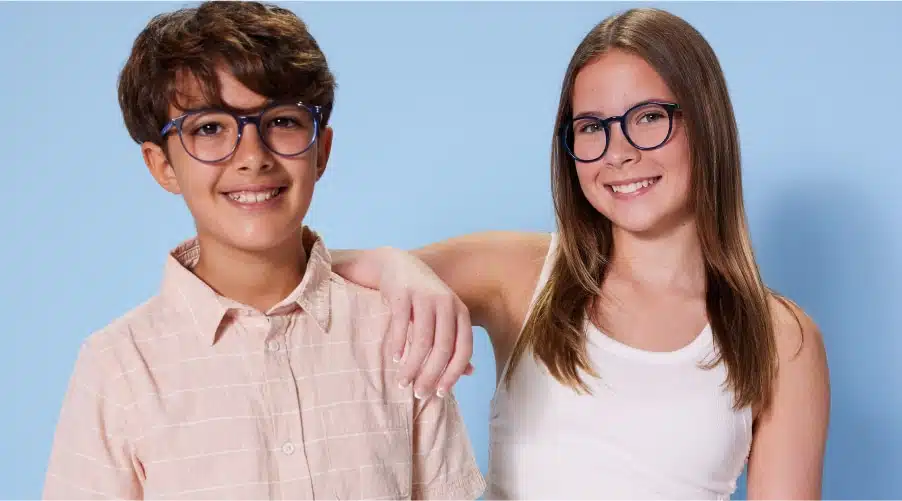

The Good News on Slowing Myopia Progression
It is common practice to prescribe single vision prescription glasses to provide the distance correction required for children. However, standard, single vision glasses do not slow down myopia progression.
The good news is, there is now a suite of prescription lens and contact lens options that have proven results in providing clarity for children’s distance vision needs while helping to slow down the rate at which myopia progresses.
At Optical Superstore, we’re very proud to be MiYOSMART Accredited. This ensures that the independent optometrists your child sees for an eye test, along with our support staff of optically trained professionals, can provide effective solutions for myopia management.
For more information on the revolutionary MiYOSMART prescription lens design, check out this resource:
Get an A+ with Your Next Visit to The Optical Superstore.
Or visit us in-store to find out more!
FIND A STORE NEAR YOU
Schedule an appointment with an optometrist. Most eye tests are bulk billed to Medicare.
